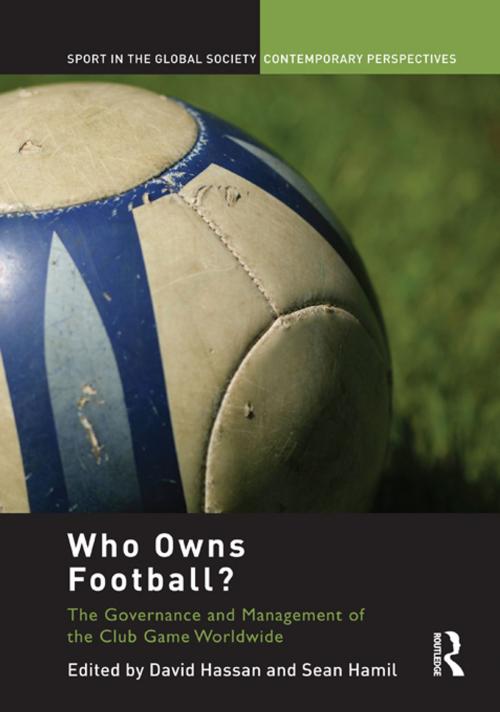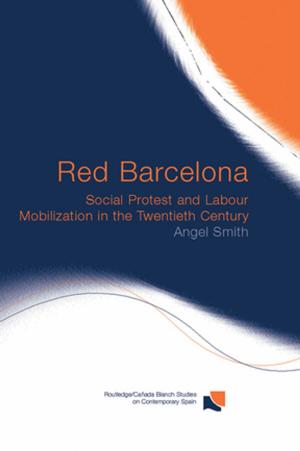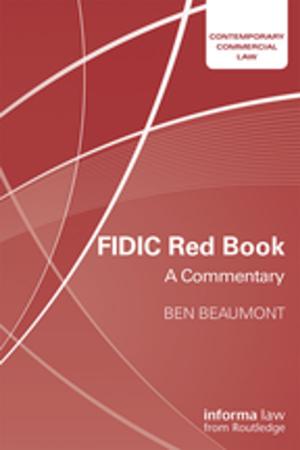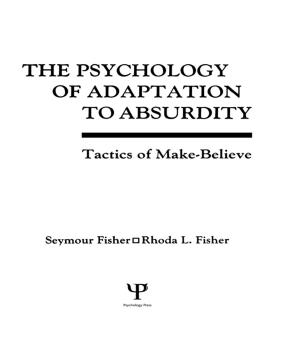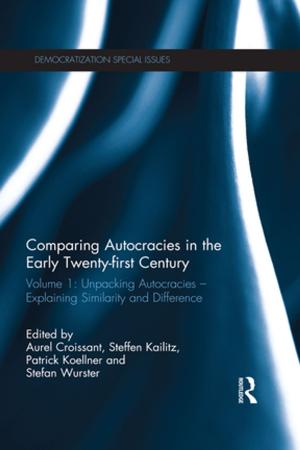Who Owns Football?
Models of Football Governance and Management in International Sport
Business & Finance, Finance & Investing, Corporate Finance, Career Planning & Job Hunting, Entrepreneurship, Entrepreneurship & Small Business| Author: | ISBN: | 9781317996354 | |
| Publisher: | Taylor and Francis | Publication: | September 13, 2013 |
| Imprint: | Routledge | Language: | English |
| Author: | |
| ISBN: | 9781317996354 |
| Publisher: | Taylor and Francis |
| Publication: | September 13, 2013 |
| Imprint: | Routledge |
| Language: | English |
The commercialization of sport since the 1990s has had a number of consequences. The market forces that have defined commercialization, notably pay-per-view television, whilst initially welcomed as important new sources of revenue, have also had the unanticipated consequences of de-stabilizing many sporting competitions and institutions, undermining the financial future of clubs in their traditional role as key social and cultural institutions. This has been manifested in the paradox of chronic financial loss-making amongst professional sports’ clubs in an era of exponential revenue growth, a trend exemplified by the experience of Italy’s Series A and the English Premier League – both cases examined in detail in this book.
But, at the same time, some traditional sporting organizations have sought with some success, to chart a middle way, retaining traditional sporting movement objectives whilst also embracing a form of commercialism. The Gaelic Athletic Association in Ireland, the supporter-owned FC Barcelona football club, and New Zealand rugby union, offer illustrative examples of such strategies examined in detail. This book explores the background to this clash of commercial and traditional sporting objectives, and debates the consequences for wider sports governance.
This book was published as a special issue of Soccer and Society.
The commercialization of sport since the 1990s has had a number of consequences. The market forces that have defined commercialization, notably pay-per-view television, whilst initially welcomed as important new sources of revenue, have also had the unanticipated consequences of de-stabilizing many sporting competitions and institutions, undermining the financial future of clubs in their traditional role as key social and cultural institutions. This has been manifested in the paradox of chronic financial loss-making amongst professional sports’ clubs in an era of exponential revenue growth, a trend exemplified by the experience of Italy’s Series A and the English Premier League – both cases examined in detail in this book.
But, at the same time, some traditional sporting organizations have sought with some success, to chart a middle way, retaining traditional sporting movement objectives whilst also embracing a form of commercialism. The Gaelic Athletic Association in Ireland, the supporter-owned FC Barcelona football club, and New Zealand rugby union, offer illustrative examples of such strategies examined in detail. This book explores the background to this clash of commercial and traditional sporting objectives, and debates the consequences for wider sports governance.
This book was published as a special issue of Soccer and Society.
